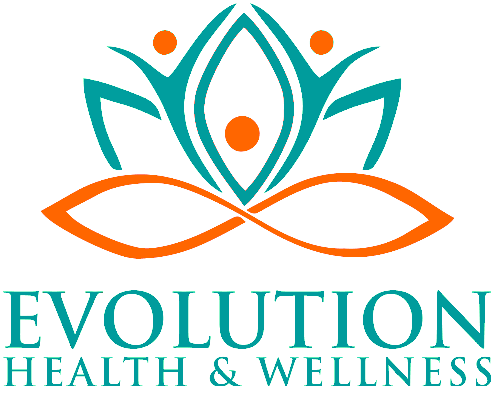Unveiling the Shadow: The Silent Epidemic of Vitamin D Deficiency


Vitamin D and Its Importance:
Vitamin D is more than a simple nutrient; it’s a prohormone that influences hundreds of genes. It facilitates the absorption of calcium and phosphorus, ensuring strong and healthy bones. Beyond skeletal health, Vitamin D is pivotal for muscular function, cardiovascular health, and immune regulation. Its deficiency has been linked to an increased risk of chronic diseases such as osteoporosis, depression, diabetes, heart disease, and certain cancers.
The Sun and Us: A Complicated Relationship:
Sunlight is the primary natural source of Vitamin D, as our skin synthesizes it upon exposure to UVB rays. However, modern lifestyles have minimized our outdoor activities, while geographical locations, seasonal changes, and skin pigmentation also affect UVB absorption. Furthermore, the application of sunscreen, while preventing skin cancer, also blocks Vitamin D synthesis.

Dietary Sources: A Helping Hand:
While sunlight exposure is key, dietary intake of Vitamin D also contributes to maintaining optimal levels. Fatty fish (like salmon and mackerel), egg yolks, and fortified foods like milk, orange juice, and cereals provide Vitamin D but often not enough to meet daily requirements. This discrepancy underscores the challenge of relying solely on diet for adequate Vitamin D levels.
Identifying and Addressing Vitamin D Deficiency:
The signs of Vitamin D deficiency are often subtle and can be mistaken for general fatigue or malaise. Symptoms include persistent fatigue, bone and back pain, low mood, impaired wound healing, and muscle pain. The elderly, individuals with darker skin, those living in northern latitudes, and people with certain medical conditions face higher risks.
The Bigger Picture:
Public Health Implications.
Vitamin D deficiency is more than an individual health issue; it’s a public health concern with wide-ranging implications. Given its association with multiple chronic diseases, addressing this deficiency has potential benefits for broader health outcomes and healthcare systems.
Vitamin D deficiency, often overlooked, presents a significant and widespread challenge to public health. By increasing awareness of its importance, sources, and the risks of deficiency, individuals can take proactive steps towards prevention. Regular sunlight exposure, dietary adjustments, and appropriate supplementation can collectively help mitigate this global issue.
If you’re experiencing symptoms of Vitamin D deficiency or fall into a high-risk group, consult us for advice and possible testing. Remember, when it comes to Vitamin D, a little sunshine goes a long way.

Jasmine Jones
Nurse Practitioner


0 Comments